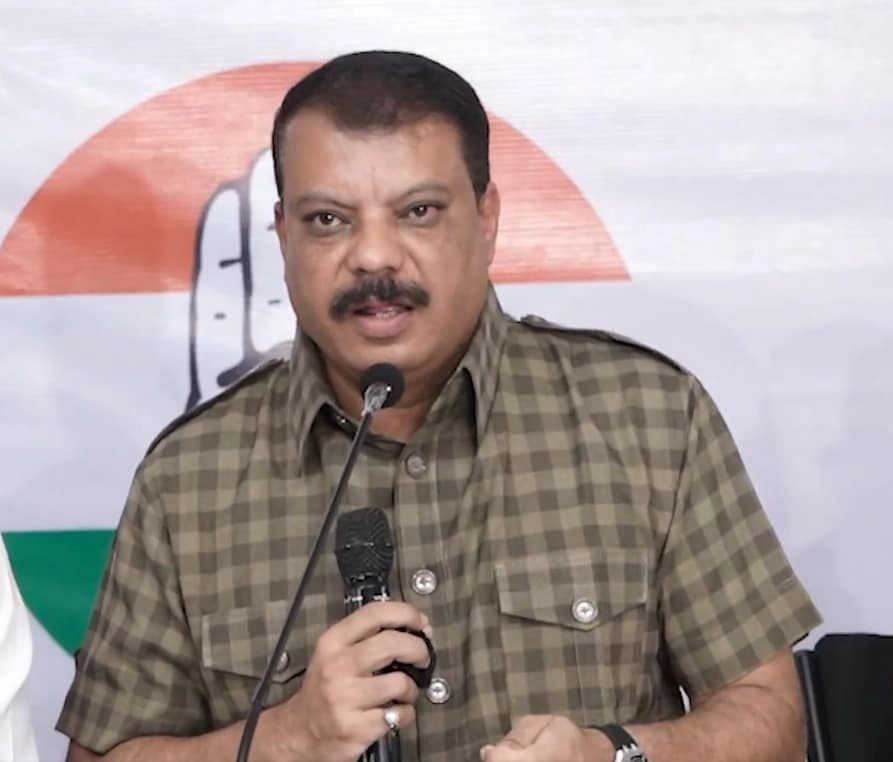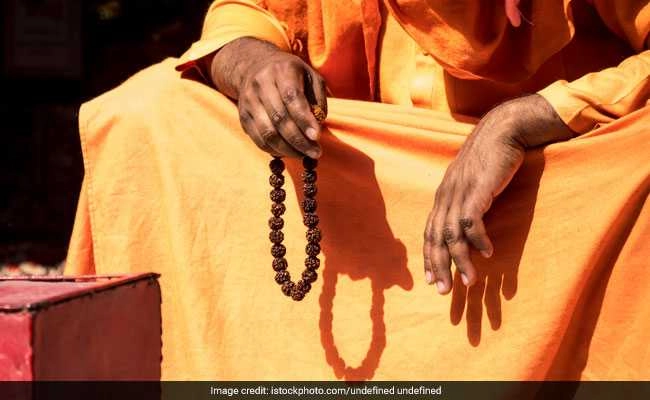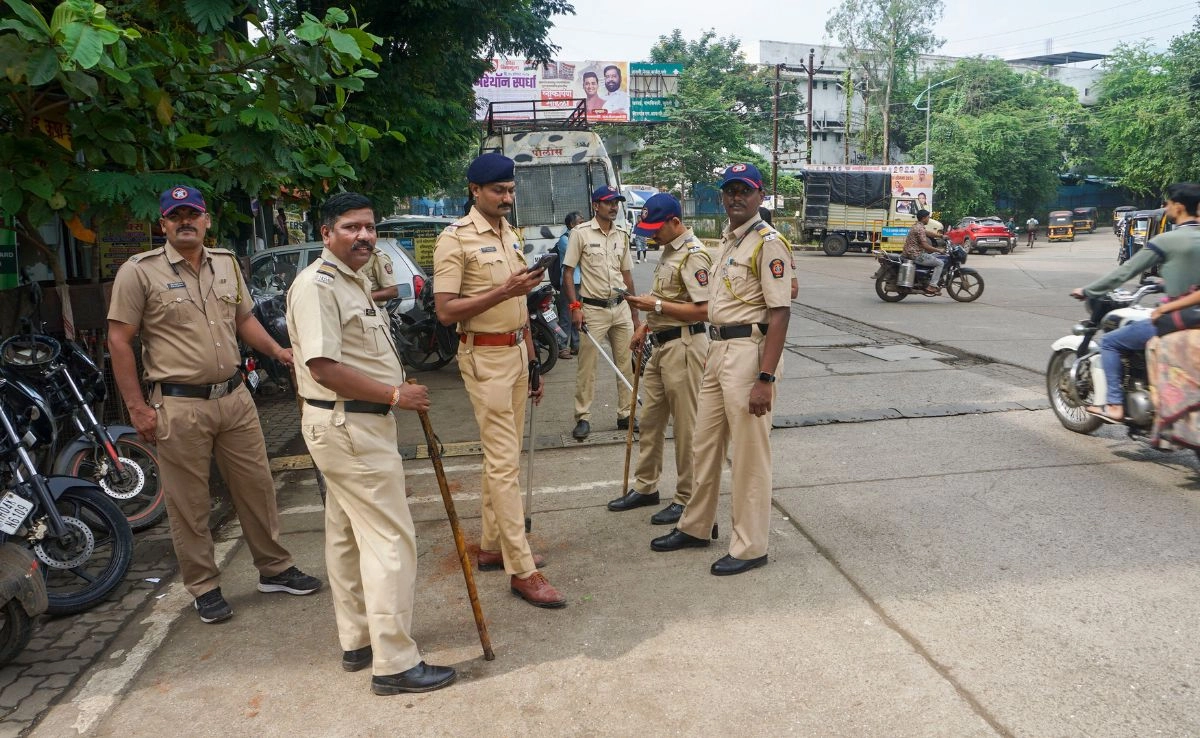A recent statement by a Congress leader in Madhya Pradesh has ignited significant controversy, sparking discussions about the identity and categorization of tribal communities in India. The leader’s assertion that tribals should not be classified as Hindus has raised eyebrows and ignited debates on social and cultural identities, particularly in a nation where religion often plays a crucial role in the political landscape. This statement challenges long-standing perceptions and societal norms surrounding the tribal population, which has historically been categorized under the larger umbrella of Hinduism due to cultural practices and rituals that align closely with Hindu traditions.
The remarks have drawn criticism from various quarters, including political opponents and social activists, who argue that such statements could alienate tribal communities and further exacerbate divisions within society. Many believe that identifying tribals as non-Hindus undermines their rich cultural heritage and unique traditions, which are distinct yet often intertwined with broader Hindu practices. This controversy highlights the complexities of identity politics in India, where numerous communities grapple with the interplay between their indigenous identities and the dominant narratives imposed by larger religious frameworks.
In response to the backlash, the Congress party has attempted to clarify its stance, emphasizing the importance of recognizing the unique cultural identities of tribal populations without diminishing their rightful place within the social fabric of India. The party’s leadership has called for a more nuanced understanding of tribal identity, advocating for policies that empower these communities while respecting their distinct cultural heritage. This incident serves as a reminder of the ongoing challenges faced by tribal groups in asserting their identities in a rapidly changing socio-political landscape, where the lines between religion, culture, and politics often blur. As the discourse continues, it becomes increasingly evident that addressing the concerns of tribal communities requires a thoughtful and inclusive approach that honors their historical and cultural significance while fostering unity in diversity.




